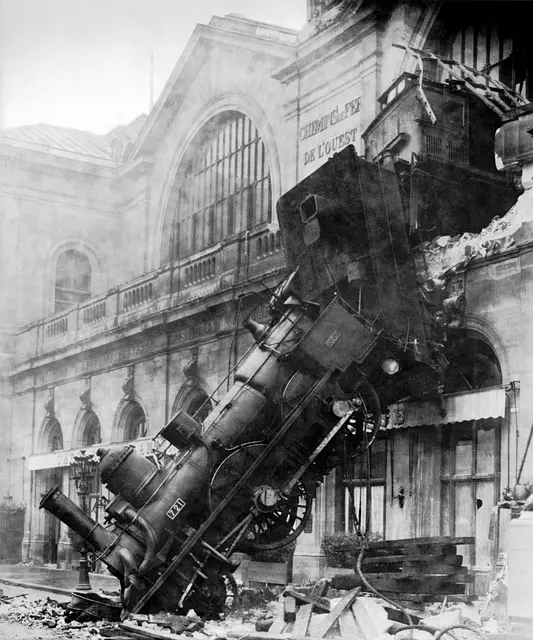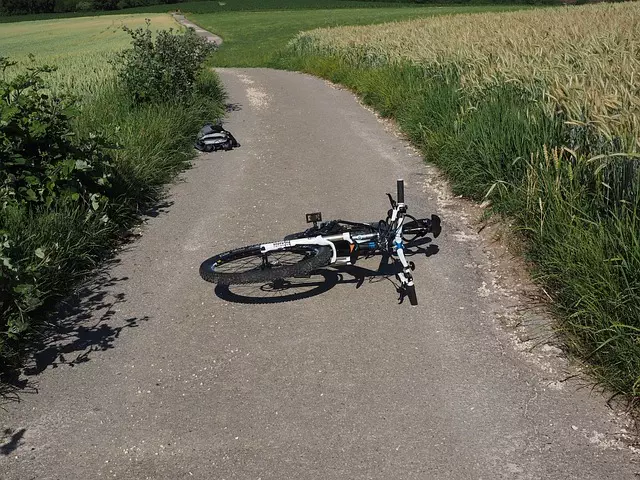Are you looking for a bus company liability lawyer in New York City? Understanding your legal options after a slip and fall incident on a bus can be challenging. This article provides an in-depth overview of bus company liability from a legal perspective, focusing on common scenarios like accidents and slip and fall incidents. We explore the role of a slip and fall attorney in NYC, local laws, proving negligence, available compensation, and navigating the legal process. Learn how to protect your rights and secure justice.
- Understanding Bus Company Liability: The Legal Perspective
- – Overview of bus company responsibilities and potential legal implications
- – Common scenarios where liability arises (e.g., accidents, slip and fall incidents)
- Who is a Slip and Fall Attorney in NYC?
- – Definition of a slip and fall attorney specializing in transit-related cases
- – Expertise required to handle complex bus liability claims
Understanding Bus Company Liability: The Legal Perspective

Bus companies operate in a complex legal landscape when it comes to passenger safety. In the event of accidents or injuries, understanding liability is crucial. A slip and fall attorney in NYC, for instance, can help navigate these intricacies.
From a legal perspective, bus company liability arises from various sources, including negligence, strict liability, and regulatory requirements. Negligence claims are common, focusing on whether the company or its employees breached their duty of care to passengers. This could involve issues like improper driver training, maintenance of vehicles, or inadequate supervision. Strict liability laws may also apply in certain jurisdictions, shielding passengers from proving fault but demanding compensatory damages for proven injuries. Compliance with safety regulations is paramount; violations can result in severe penalties and implicate the company’s overall liability for accidents.
– Overview of bus company responsibilities and potential legal implications

Bus companies operate in a complex environment, carrying hundreds of passengers daily. Their responsibilities extend far beyond ensuring vehicles are in safe working order; they must also maintain a safe boarding and alighting process, provide adequate security, and promptly respond to emergency situations. Failure to meet these standards can have severe consequences, leading to potential legal implications including personal injury claims and slip and fall accidents, especially in urban areas like New York City where pedestrian traffic is dense. A slip and fall attorney in NYC, for instance, may represent clients who have suffered injuries due to a bus company’s negligence in maintaining safe boarding areas or failing to clear ice and snow promptly. Companies can mitigate these risks by adhering to strict safety protocols, regular vehicle maintenance, and staff training.
– Common scenarios where liability arises (e.g., accidents, slip and fall incidents)

Who is a Slip and Fall Attorney in NYC?

– Definition of a slip and fall attorney specializing in transit-related cases

– Expertise required to handle complex bus liability claims

